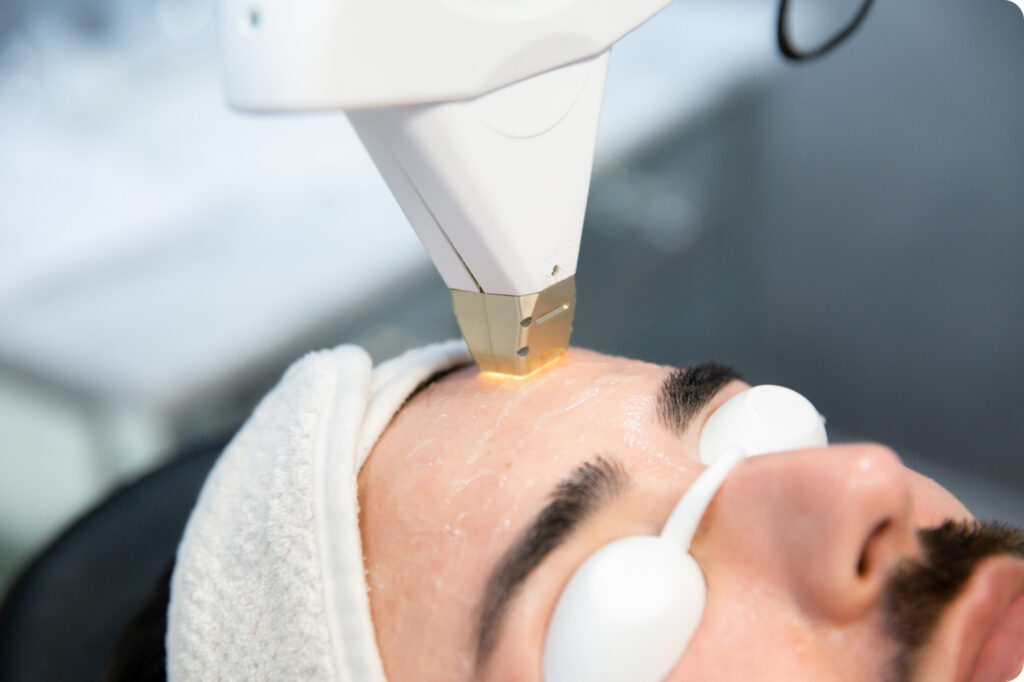
A quick informal survey of your workplace or extended group of friends would probably reveal something that many people already know to be true: not everyone views food the same way.
There are some people who can legitimately go an entire day without eating, perhaps only to realize how long it’s been since their last meal when they get to the end of the day and fatigue starts to settle in.
For other people, the idea of forgetting to eat lunch is beyond belief. There are those who schedule their meals for the day ahead of time, making sure they will never go too long without having a meal or snack to keep them satisfied.
And then there is yet another group of people who experience what feels like true and legitimate hunger any time of day or night, despite having already eaten not too long before. For this final group, all it takes to experience the desire to eat is a little bit of motivation. A picture of an appetizing dish, a commercial for a favorite restaurant, or seeing someone else break out a bite to eat nearby.
This is something that many people have complained about, as the constant desire to eat and the insatiable feeling of hunger can make it incredibly difficult to stick to your diet plan, no matter how strong your will power is. Recently, researchers at the University of Texas found that for this last group of people, the problem isn’t one that you can just tell yourself to drop.
While the hunger may truly be “between the ears,” it isn’t something made up. In people who struggle with obesity—especially women—the neural impact of the eating process is altered, meaning that you’re not just craving a snack, but instead your brain really thinks it is time for you to start eating again.
The researchers found that the neural impact of eating alters based on an individual’s current weight, dining practices, and gender. Basically, people who are already obese are significantly more susceptible to external food-related cues. So if you are already struggling with your weight, you are much more likely to be impacted by triggers that would make you want to eat, such as seeing a commercial or there being food nearby.
While this may be validating for many who struggle with obesity and can now consider that they really are fighting an uphill battle against hunger and temptation, just knowing that this increased susceptibility exists isn’t enough to make a difference. Losing weight can help restore your ability to regulate those temptations and eating cues, but as you are getting started it is completely up to you to avoid situations that you know ahead of time may be a bit much for you to handle.

